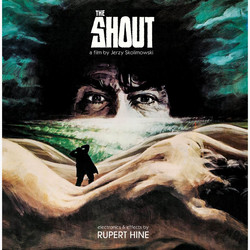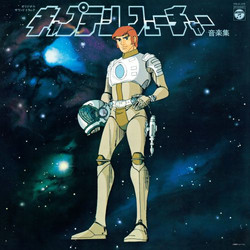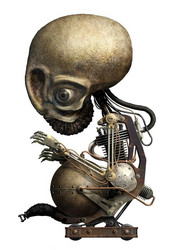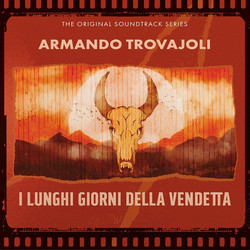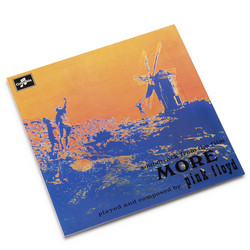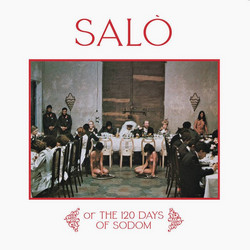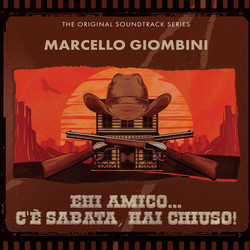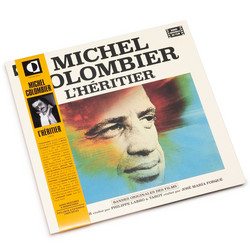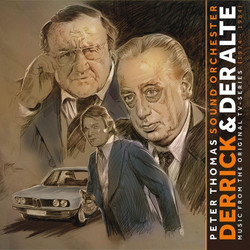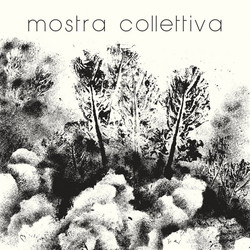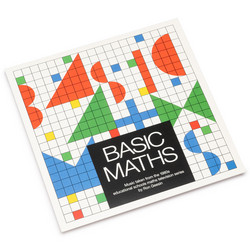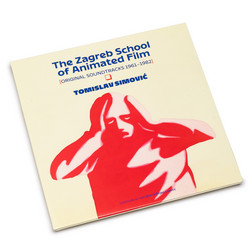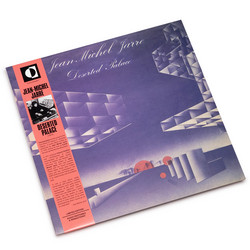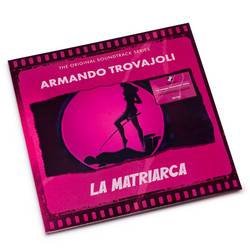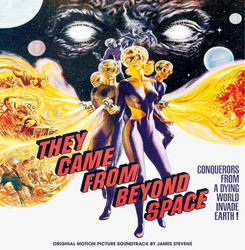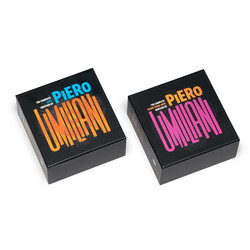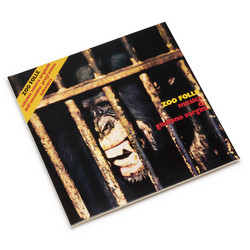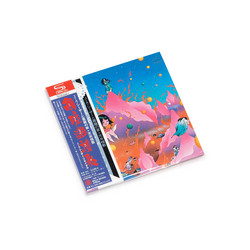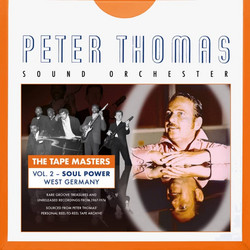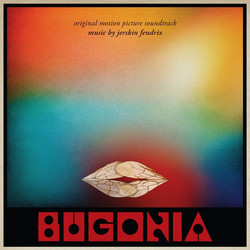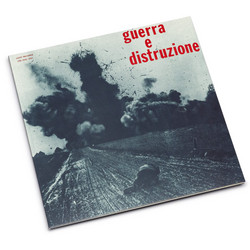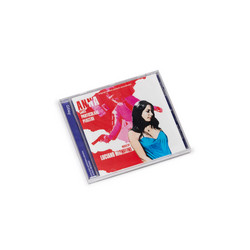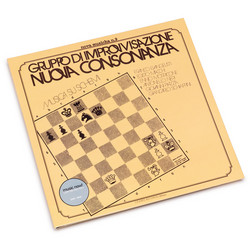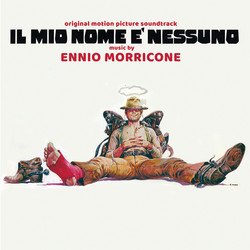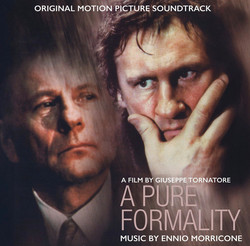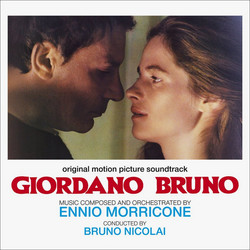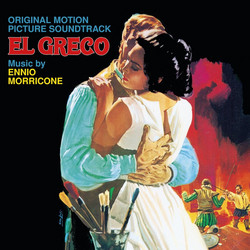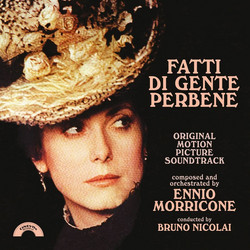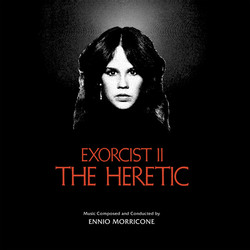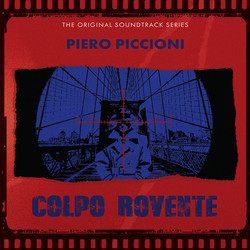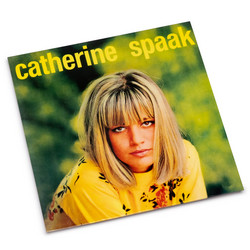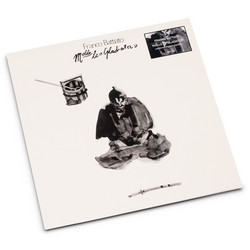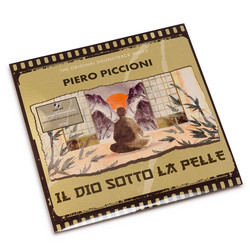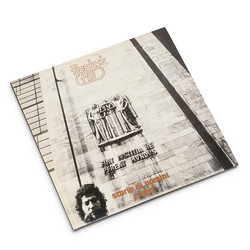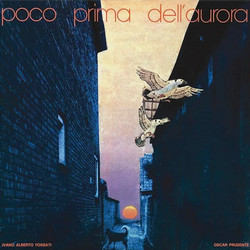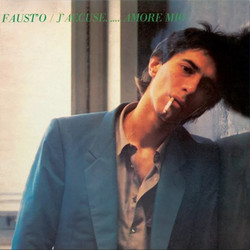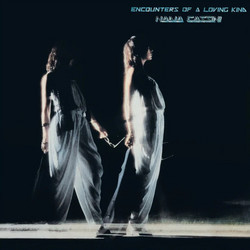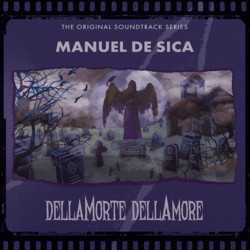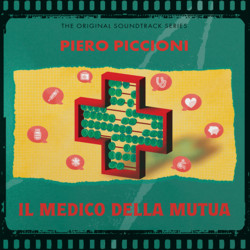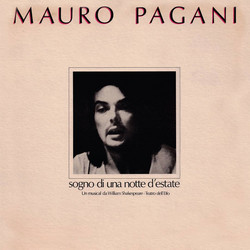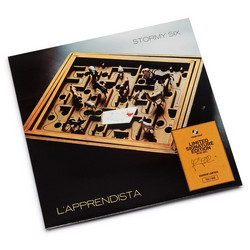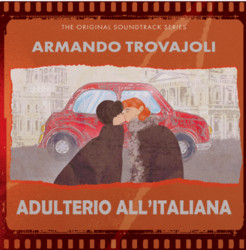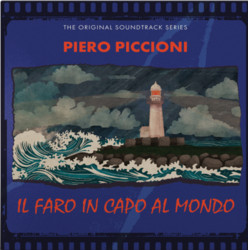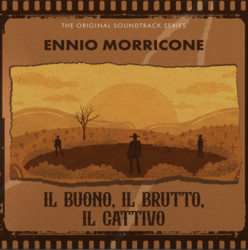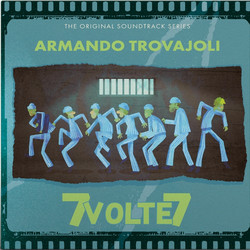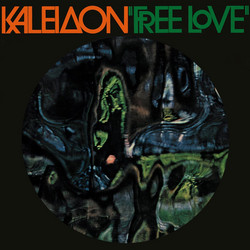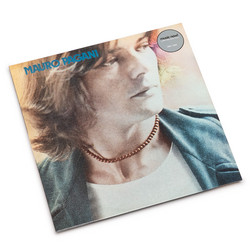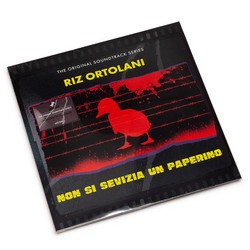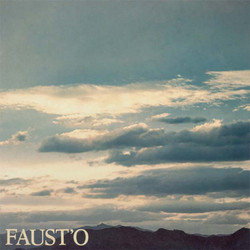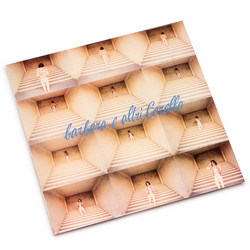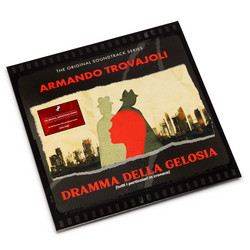Ennio Morricone, Gruppo di Improvvisazione Nuova Consonanza
Un Tranquillo Posto Di Campagna (LP, Transparent Green + CD)
Limited edition numbered to 500 copies. Transparent green vinyl format / 180 grams + CD. One of cinema's greatest composers ventures into his darkest territory. Ennio Morricone's haunting soundtrack to Elio Petri's 1968 psychological thriller A Quiet Place in the Country stands as perhaps his most radical and experimental work - a disturbing sonic journey that abandons melodic comfort for pure psychological terror. The film follows a painter (Franco Nero) in creative crisis who retreats with his partner (Vanessa Redgrave) to an isolated countryside villa, seeking inspiration but finding only madness. Petri's surrealist nightmare becomes the perfect canvas for Morricone to explore the outer limits of cinematic sound, crafting a score that functions less as musical accompaniment than as direct psychological manipulation.
The score masterfully captures the film's descent into madness through two contrasting musical worlds. On one side, ethereal, almost ghostly melodies drift through the decaying villa's halls like whispers from the past. On the other, Morricone unleashes radical avant-garde experimentation with his Gruppo d'Improvvisazione Nuova Consonanza, conjuring dissonant electronics, prepared piano, and unsettling concrete sounds that mirror the protagonist's unraveling psyche. Morricone's collaboration with the Gruppo di Nuova Consonanza - the experimental collective founded by Franco Evangelisti in 1964 - was essential to achieving this film's unique sonic vision. The group, which included Morricone alongside avant-garde composers like John Heineman, Egisto Macchi, Mario Bertoncini and Walter Branchi, specialized in free improvisation and radical sound experimentation. Their arsenal of extended techniques, electronics, prepared instruments, and anti-melodic approaches provided Morricone with the perfect tools to penetrate the disturbed psyche of Nero's character, creating sounds that traditional orchestras simply couldn't achieve.
Gone are the sweeping orchestrations and memorable themes that define Morricone's legendary westerns. Instead, he employs avant-garde techniques, electronic distortions, unsettling noises, eerie vocalizations, and unconventionally treated instruments to recreate the protagonist's mental disintegration. The music borders on musique concrète, placing Morricone alongside experimental masters like Luciano Berio and John Cage. This is sound as psychological weapon - each note designed to heighten tension and estrangement, penetrating the images rather than simply accompanying them. The score reflects the artist's descent into madness in almost visceral fashion, creating an atmosphere of dread that lingers long after the final frame.
For those who know Morricone only through his iconic western and crime scores, A Quiet Place in the Country reveals an entirely different artistic persona - one willing to sacrifice beauty for truth, melody for psychological authenticity. It represents one of the most extreme and unconventional examples of his genius, a lesser-known masterpiece that deserves recognition alongside his more celebrated works. This limited numbered edition of 500 copies comes pressed on 180-gram transparent green vinyl with accompanying CD, complete with an insert featuring liner notes by Massimo Privitera from colonnesonore.net. Essential for Morricone completists, experimental music enthusiasts, and anyone fascinated by the darker possibilities of film scoring.
A deeply unsettling and profoundly innovative work that showcases Morricone's fearless artistic vision. Absolutely crucial for understanding the full scope of his creative genius.
